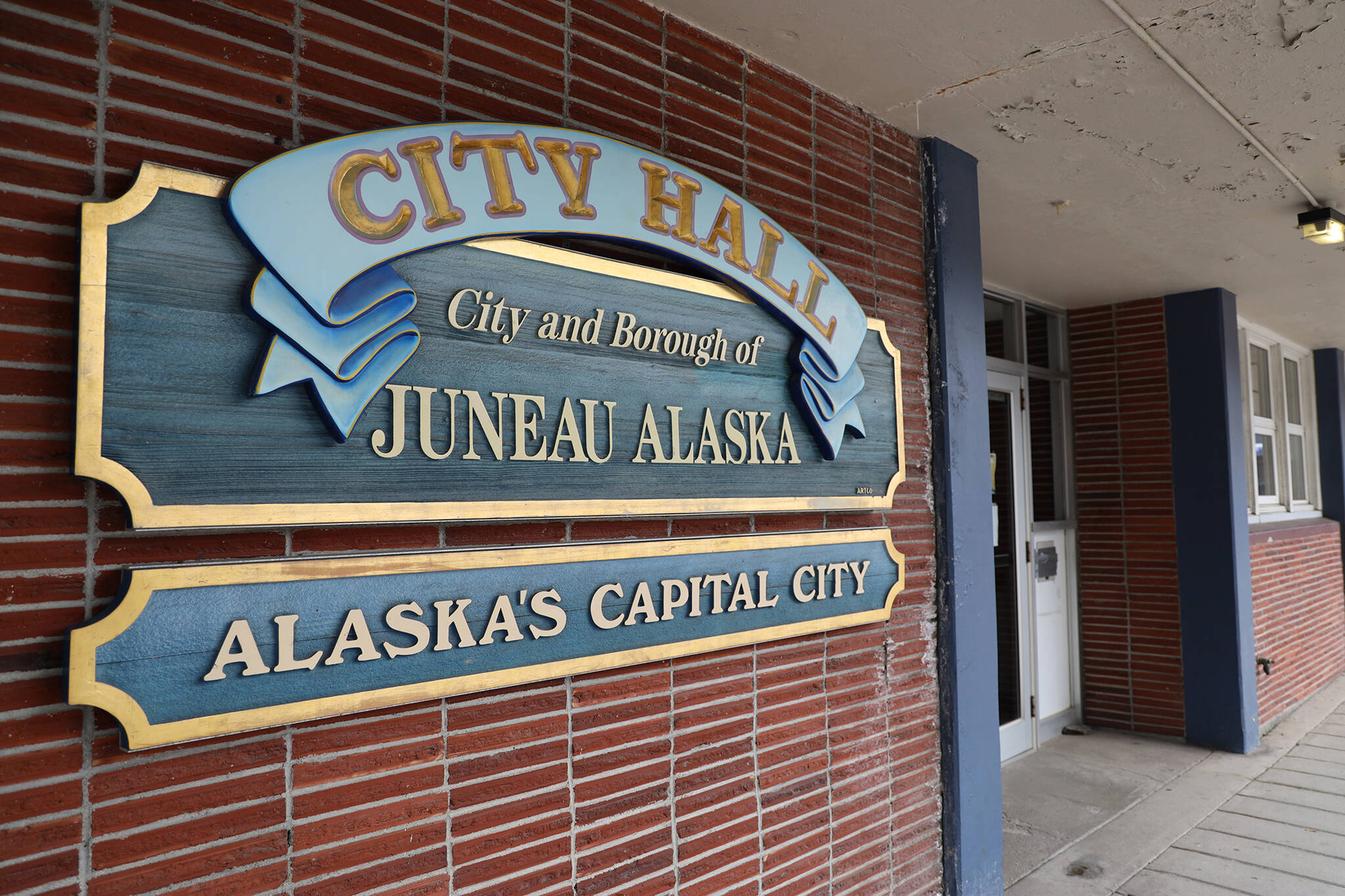Whether it is hosting a gathering, attending an arts event, or becoming informed about election candidates and ballot issues, Juneau is often described as a “last-minute” town. I ran for municipal office three times in Juneau; the last three weeks of campaigning always seemed when the voters tuned in.
I get it, Juneau people are busy. Letters to the editor, My Turns “No, Yes, No, Yes, “Desperately Need…” “…Civic and Economic Sense” “Here We Go Again,” Facebook community discussions, and radio ads are everywhere now. But the last three weeks for community information-gathering discussions have become less important now because ballots are in the mail three weeks prior to election day, and many have already voted. Let’s talk about that after the election.
After the Oct. 4 election results are certified, the first order of business should be an election debriefing. Juneau’s housing and food costs are still the highest in the Alaska for urban areas. That would be a good starting place for discussion, especially with August inflation coming in at 8.4%.
The unopposed candidates for Assembly all mentioned housing as a top priority. Affordable housing for whom? Juneau’s working-class homeowners should be front and center in any housing discussion. They supported our local businesses and government through the pandemic and Zoomed with their kids through school building closures. They bought into the American dream of living in their own home and someday being mortgage-free. If housing truly tops the CBJ priorities, why did the Assembly raise property taxes on homeowners an average of 8.4%? Taxation on homes 8.4% increase and inflation 8.4% are making homeownership a pipe dream.
This past CBJ budget cycle, many decisions impacting property taxes for working-class homeowners were made.
During the debt service discussion this past February, the Assembly learned that as a result of the state reimbursing only 42% of eligible Fiscal Year 22 school bond debt, the Debt Service Fund had a shortage in FY22, as CBJ was planning for 50% reimbursement. Normally, as a result, a $257,750 general fund transfer would be required to make the Debt Service Fund whole again in the FY22 fiscal year. Instead, an alternative solution was unanimously approved by the Assembly to direct staff to lapse the FY22 budgeted transfer of general funds to the debt service fund totaling $2,546,600 and direct staff to propose a budget for FY23 that retained the debt service mill rate of 1.20 and transfer general funds to the debt service fund in the amount of the estimated fund balance shortfall. By kicking the payment to FY23, any property tax relief to the homeowner for this fiscal year was lost as the debt service mill rate stayed at 1.20 instead of dropping to .82.
The state of Alaska has since approved transferring $16 million of (previously withheld) school bond debt shortages to the CBJ. Another set of decisions was made around the same time period as the Assembly’s consideration of where to allocate $19.9 million of the almost $30 million surplus in the general fund reserve account. No consideration was given to paying the FY22 debt service. But new projects were added.
Food is next. The Assembly discussed dropping the sales tax on food and paying for it by raising the sales tax temporarily during the summer or raising the sales tax year around. They couldn’t reach consensus, so they settled on a survey. If agreement on sales tax can’t be reached, one of the fallback ideas discussed was dropping the sales tax on food and making up lost revenue by taking the difference from property taxes. Can we at least discuss sales tax exemptions?
Mortgage rates are rising quickly, inflation is taking a bigger chunk out of every paycheck, yet the CBJ is taxing homeowners more and more each year. Is owning your own home still the American dream, or is that dream getting beyond reach? Is a Juneau home a symbol of the owners’ hard work or is it an ATM machine for government? At some point, you’ve paid enough taxes/ you have done your share. During the pandemic, CBJ received $53 million in funds from the CARES Act, setting up programs to help businesses and renters. Why not do likewise for Juneau’s working-class property owners?
• Ken Koelsch was a teacher at Juneau-Douglas High School 1969-1996, port director for U.S. Customs and Border Protection 1996-2014, served on the CBJ Assembly 1997-2003 and served as mayor 2016-2018. Columns, My Turns and Letters to the Editor represent the view of the author, not the view of the Juneau Empire. Have something to say? Here’s how to submit a My Turn or letter.

